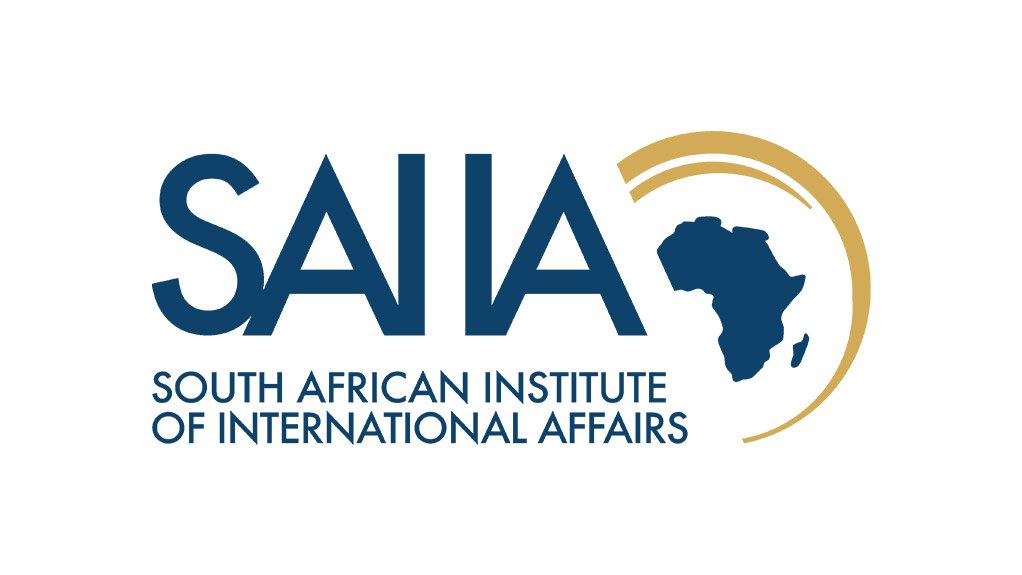The debate around Russia’s foreign policy in Africa has intensified in the wake of Moscow’s invasion of Ukraine. President Cyril Ramaphosa’s statement about South Africa leaving the ICC to avoid arresting Putin during the BRICS summit, later corrected by his party, highlights Russia’s African geopolitical influence. However, the complexities of Russian foreign policy elites’ thoughts on Africa and the decision-making mechanism have been largely unexplored.
In a recent report by the South African Institute of International Affairs (SAIIA), Paul Stronski of the Carnegie Endowment for International Peace stated that Africa is not a central priority for Russia’s foreign policy. Instead, it serves as a policy tool for Russia’s broader interests. Moscow’s priorities in Africa can be divided into four categories: North Africa, the Horn of Africa and wider East Africa, the rest of sub-Saharan Africa, and Africa as a whole for promoting global multipolarity. For Russia, Africa is an ideal stage to demonstrate its global influence amid Western efforts to isolate Moscow.
The Kremlin sets the political tone for Africa’s policy. The Russian Foreign Ministry and individuals such as Mikhail Bogdanov, the Russian Presidential Special Representative for the Middle East and Africa, play secondary roles. The Foreign Ministry is more of a policy implementer than a driver, with commercial companies and the defence industry significantly impacting decision-making.
In the same SAIIA report, Hanna Notte of the Vienna Center for Disarmament and Non-Proliferation points out that individuals can substantially influence specific African issues and countries. For instance, Bogdanov and Valentina Matviyenko, chairperson of Russia’s Federation Council, have considerable sway in shaping relations with Egypt and Algeria.
The policymaking process comprises three layers. The first is the Kremlin and the Foreign Ministry, framing the policy. The second layer involves Russian businesspeople and CEOs of state corporations interested in the African market, who lobby for their companies through bodies like the Coordinating Committee for Economic Cooperation with African Countries (AFROCOM). In this layer, numerous Russian oligarchs advocate for Russia to adopt more aggressive policies in nations where they have business interests, including Oleg Deripaska in Guinea (involved in Bauxite mining), Viktor Vekselberg in South Africa (engaged in gold and manganese mining), and Igor Sechin in Egypt and Mozambique (active in the oil and gas sector).
The third layer is less transparent but arguably the most capable, encompassing semi-criminal or informal agents and intermediaries secretly acting on behalf of official institutions, like Yevgeny Prigozhin, founder of the Wagner Group, a private military company with strong ties to the Russian government.
The decision-making process starts with the Kremlin’s directives, translated into bureaucratic policy by the Russian Foreign Ministry. The second and third layers lobby and shape Russian policy to promote stronger ties with countries where they have vested interests. For example, Viktor Vekselberg, an investor in United Manganese of Kalahari Ltd, donated USD 826 000 to fund South Africa’s ruling African National Congress (ANC) electoral conference last year.
The most powerful Russian companies, whether private or state-owned, now closely coordinate with the Kremlin, receiving subsidies and tax benefits from the Russian government for their operations in Africa. In some cases, individuals who usually would not be influential would have a major role in shaping foreign policy, with agriculture being a notable example. A noteworthy example is Dmitry Patrushev, the Russian Minister of Agriculture and son of Nikolai Patrushev, Secretary of the Russian Security Council. Dmitry’s ministry has considerably influenced shaping Russia’s policy towards Africa, particularly in response to the current food crisis.
Despite the complex layers, Russian academic Natalia Piskunova tells SAIIA that policy planning remains a “top-down” process, where ‘nothing is done without the Kremlin’s green light’. The Russian Foreign Ministry is a liaison between the presidential administration and Russian companies, with occasional involvement from institutions like the Ministry of Economic Development and Industry and Trade. Russian policy agents are adaptable due to a less rigid hierarchy than in Soviet times. External experts and grassroots organisations are not involved in the process.
Understanding the interests, nuances, and complexities of the Kremlin’s decision-making apparatus is crucial for African policymakers engaging with Russia. It allows them to accurately assess Moscow’s policy and formulate effective strategies for dealing with great powers without getting entangled in the geopolitical rivalry triggered by the Russian invasion of Ukraine.
It is natural for African nations to engage a power like Russia in a more multipolar setting. The challenge for them is to avoid being entangled in larger diplomatic and geopolitical disputes, as demonstrated by the ICC issue, and to avoid sacrificing their political autonomy and socio-economic development. The case of Viktor Vekselberg financing the ANC is a prime example.
For countries like South Africa, the best course of action is to insist on full transparency from the Russian side about their objectives in bilateral relationships and, in doing so, establish a clear set of rules that Moscow must follow when operating in the country. Africa has leverage in this regard, as the continent holds more value for Russia in the context of Moscow’s isolation from the West. In doing so, knowing who the players are shaping Russian policy is an excellent starting point for African nations.
As Africa continues to engage with Russia, understanding the players behind Russia’s policies and the intricacies of the Kremlin’s decision-making process will be essential. By grasping these complexities, African nations can effectively navigate the geopolitical chessboard, fostering beneficial relationships with Russia while maintaining political autonomy and promoting socio-economic development.
Research by Vuk Vuksanović
The opinions expressed in this publication are those of the author/s and do not necessarily reflect the views of the South African Institute of International Affairs (SAIIA).
EMAIL THIS ARTICLE SAVE THIS ARTICLE ARTICLE ENQUIRY
To subscribe email subscriptions@creamermedia.co.za or click here
To advertise email advertising@creamermedia.co.za or click here











